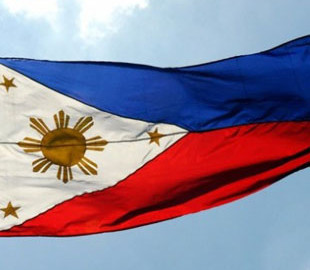
President of the Philippines Ferdinand Marcos Jr., amid escalating confrontation with China, signed a decree on strengthening the government's coordination of actions of authorities to ensure maritime security in order to counter challenges territorial integrity and peace.
According to Ukrinform, this was reported by Reuters.
The order, signed on Monday and made public on Sunday, did not directly mention China, but there is no doubt that the document emerged as a result of a series of incidents and recriminations between Manila and Beijing over disputed areas in the South China Sea.
Beijing encroaches on almost all of the South China Sea, through which more than $3 trillion in maritime trade passes annually, and its claims extend to a number of maritime areas with reefs and islands under the control of the Philippines, Vietnam, Indonesia, Malaysia and Brunei. In 2016, the Permanent Court of Arbitration in The Hague found that there was no legal basis in China's claims, but it refused to recognize and enforce the decision.
The most recent dangerous incident between the two countries at sea happened last weekend, when Chinese coast guard ships used water cannons to disrupt a Philippine resupply mission at Second Thomas Shoal for Forward Outpost soldiers on a stranded warship.
"Despite efforts to promote stability and security in our maritime space, the Philippines continues to face a number of serious challenges that threaten the territorial integrity and peaceful life of Filipinos," the presidential decree reads.
His decree expands the powers and will reorganize the Government Maritime Council, which will henceforth be called the National Maritime Council and become the central body that will develop strategies to ensure a unified, coordinated and effective Philippine maritime security structure and awareness.
It will additionally include an advisor from of National Security, the Attorney General, the Director of National Intelligence, the space agency, and the Institute of Maritime Affairs and Maritime Law of the University of the Philippines. Overall, the number of council members has been increased from 9 to 13.
The decree also expands the role of the military, naming all the Philippine armed forces, not just the navy, among the entities involved in countering challenges to the country's territorial integrity.

